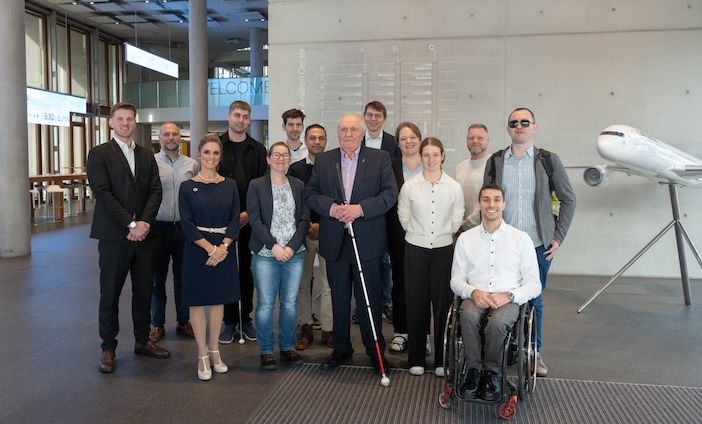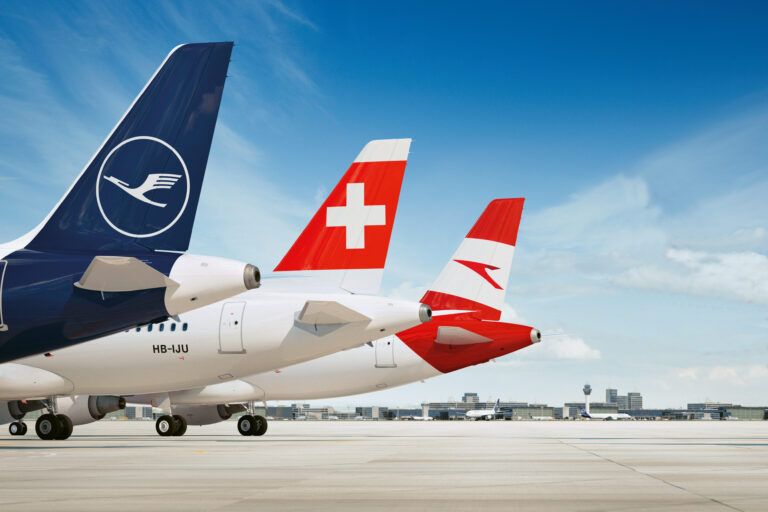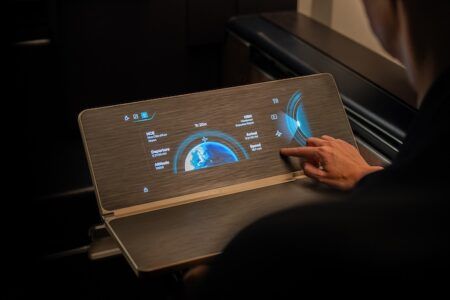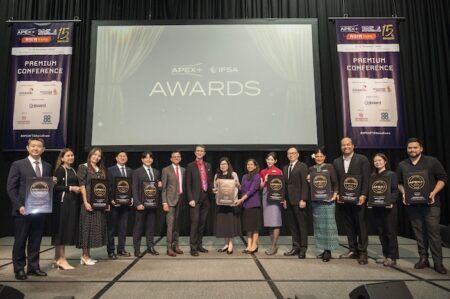Lufthansa Group has assembled an Accessibility Customer Advisory Committee, tasked with the goal of making the air travel experience better for passengers with impairments or disabilities. The committee members include people with accessibility requirements, including limited mobility, visual impairments, hearing impairments, and cognitive impairments.
This committee will advise the Lufthansa Group in the development of offers, products, and services for people with visible and invisible disabilities, based on their observations, experiences, and ideas for improvement.
The Lufthansa Group is being supported in this accessibility initiative by the North Rhine-Westphalia State Disability Council (Landesbehindertenrat NRW; LBR), an organisation that includes self-help groups and social associations in the NRW state. The council works to enable people with disabilities and chronic illnesses to participate in all areas of life.
In addition to the around 20 members of the LBR, who represent various disabilities, Paralympic athletes Johanna Recktenwald and Nico Dreimüller will support the Lufthansa Group’s Accessibility Advisory Board with their personal experiences and expertise.

Ann-Christin Rauch, managing director of LBR said of the collaboration: “This cooperation is a milestone for accessibility, as it is the first of its kind between a self-help association and a private company. For LBR NRW, one of its main tasks is the solution-oriented implementation of accessibility, as it is not only essential for people with disabilities, but also offers relief and comfort to the general public.
“We want to help ensure that people with disabilities also have the right and opportunity to travel as a matter of course. In addition, we want to use the project to raise awareness among other social groups of the importance of inclusion and participation,” she added.
Lufthansa Group representatives will meet regularly with the advisory committee members to gather feedback, discuss suggestions, and develop new ideas for accessible air travel. Lufthansa customers with accessibility requirements can also share their travel experiences and contribute to creating initiatives for barrier-free travel.
In recent months, Lufthansa’s websites have been redesigned to provide important information for people with disabilities or impairments, with additional useful information and a simpler structure and language. This information can be accessed on the sites via a wheelchair icon, which is prominently displayed in the header of each web page, next to the language settings at the top right-hand corner.
Raising awareness
Dieter Vranckx, chief commercial officer at Lufthansa Group, said of the committee: “We want to work with the target group to further develop the travel experience for passengers with physical or cognitive impairments and make it as easy and self-determined as possible. The members of the Lufthansa Group Accessibility Customer Advisory Committee support us with valuable insights and recommendations.
“In line with a holistic approach, we are looking at the entire travel chain and the sometimes very different needs for barrier-free travel,” added Vranckx. “We are focusing on all the levers that we, as the Lufthansa Group, have at our disposal to continuously improve the flight experience for all our guests.”
Making invisible disabilities visible
Around 1.3 billion people live with some form of disability, and up to 80% of them have an ‘invisible’ disability. One of Lufthansa Group’s newest ideas to help these people is the ‘Hidden Disabilities Sunflower’ initiative, which will operate across all its airline brands by the end of 2025.
People with invisible disabilities can wear a lanyard with a pendant or a pin badge bearing the symbol of a yellow sunflower on a green background to discreetly indicate to staff that they may require special assistance.





